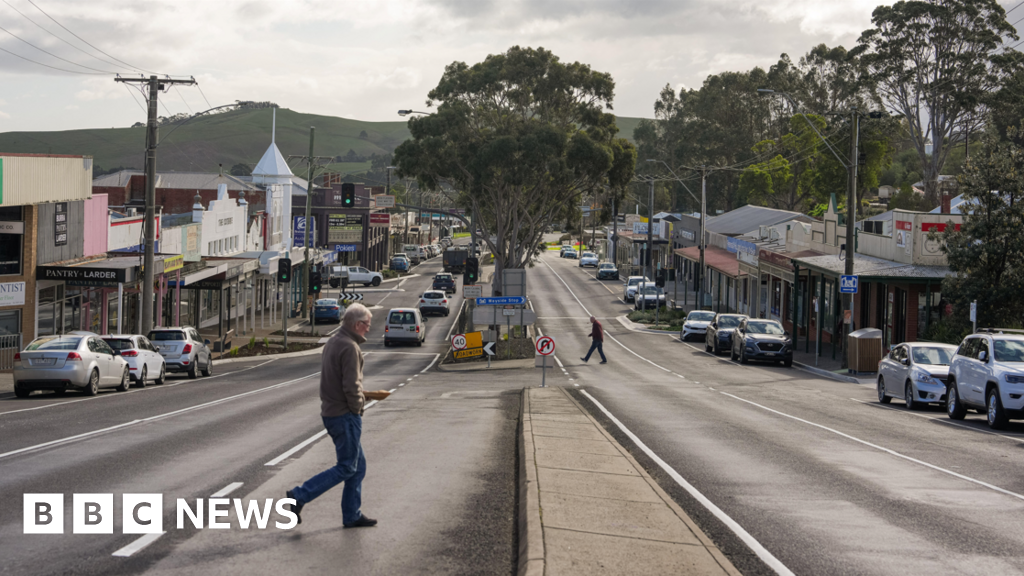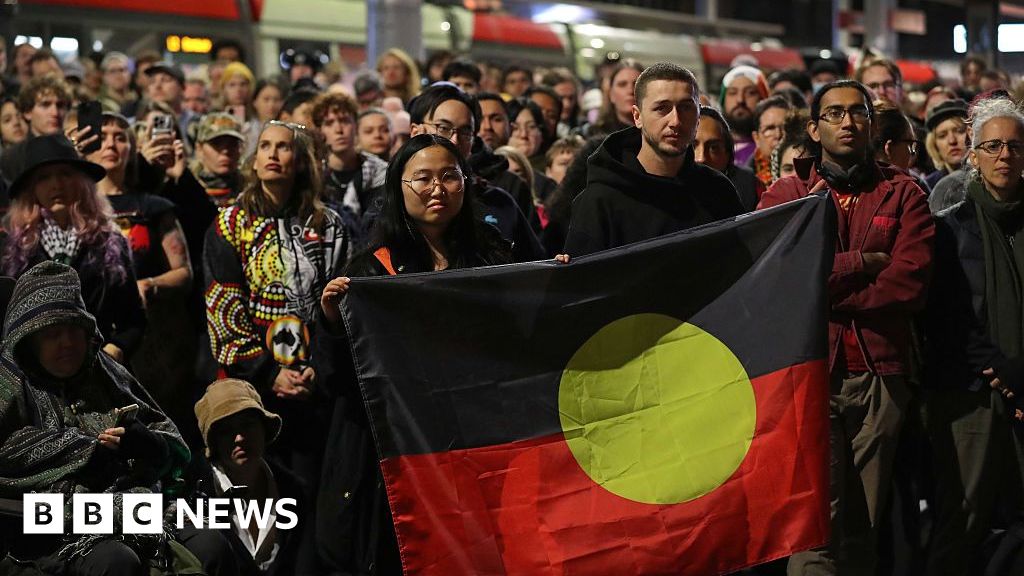Trump’s team defended tariffs in the face of anger
President Trump’s top aides yesterday appeared on various media outlets to defend his global tariffs that went into effect over the weekend. Some said that they had already heard from foreign nations that are seeking to strike a deal. His top economic advisers dismissed the turmoil in financial markets around the world, insisting that the trade war would ultimately improve America’s economic fortunes.
Like Brexit, Trump’s tariffs struck a hammer blow at the established order, Mark Landler, our London bureau chief, writes in an analysis. But the U.S.’s position as the fulcrum of global commerce means that Trump’s move is having a much wider effect. Also like Brexit, the ultimate ramifications are unsettled: Trump could yet reverse himself. And the E.U., optimists point out, did not unravel after Britain’s departure.
But more significantly, economists said that free trade’s rise may be irreversible, and its benefits so powerful that the rest of the world could find a way to keep the system going, even without its star player.
What’s next: The tariffs were much higher than expected and plunged corporate America into chaos. We asked economists, investment researchers and other experts to help make sense of what lies ahead. Wall Street, still reeling from last week’s fallout, is bracing for more chaos.
A video shed new light on aid workers killed in Gaza
The Israeli military said on Saturday that there were flaws in its initial accounts of its troops’ involvement in the killing of 15 people last month in Gaza. The U.N. said the 15 people were paramedics and rescue workers.
The admission came a day after a video obtained by The Times appeared to contradict a key part of the military’s earlier version of events. The military had insisted that its troops had opened fire as a convoy approached them in the dark “without headlights or emergency signals.” But the video showed clearly marked ambulances and a fire truck with their emergency lights on.
Here’s what else we know.
The video: The footage was discovered on the cellphone of a paramedic who was found in a mass grave.
There may be unsecured chemical weapons in Syria
More than 100 chemical weapons sites are suspected to remain in Syria after the fall of Bashar al-Assad, according to the world’s leading chemical weapons watchdog. The number is far higher than any previous estimate.
The watchdog organization is now seeking to assess what remains of the deadly stockpile, and how much of it is secure. The chemicals, including sarin, mustard and chlorine gas, represent a major test for Syria’s caretaker government. Last month, the group said it would destroy any weapons that remain, but it has yet to appoint an ambassador to the watchdog, a key first step.
The father of a childhood friend had for decades asked Taffy Brodesser-Akner, a reporter for The New York Times magazine, to tell his story of surviving the Holocaust. She refused — until a piece of news changed her mind. Read the story she said she wouldn’t write.
Lives lived: Theodore McCarrick, a high-ranking cardinal who was accused of abuse and was stripped of his priesthood by Pope Francis, died at 94.
CONVERSATION STARTERS
Meet your new robot butler
A.I. is driving cars, writing essays and coding. Now, humanoids — machines built to resemble humans — are getting ready to move in and help with daily chores. The engineer Bernt Børnich hopes to put his version, called Neo, in more than 100 homes by the end of the year.
Our tech reporter, Cade Metz, visited Børnich’s home, where he shook hands with a prototype. The humanoid then went to the refrigerator for a bottle of water, but it needed some help from a human technician to do so. “Robots are still learning to navigate the world on their own,” Cade writes. “And they need a lot of help doing it. At least, for now.” Read more here.
RECOMMENDATIONS
Source link
















